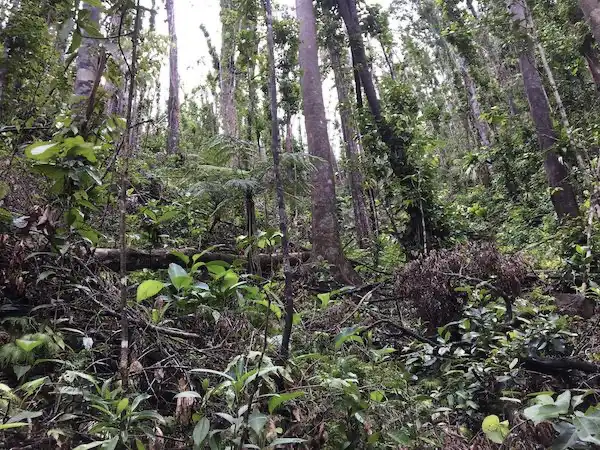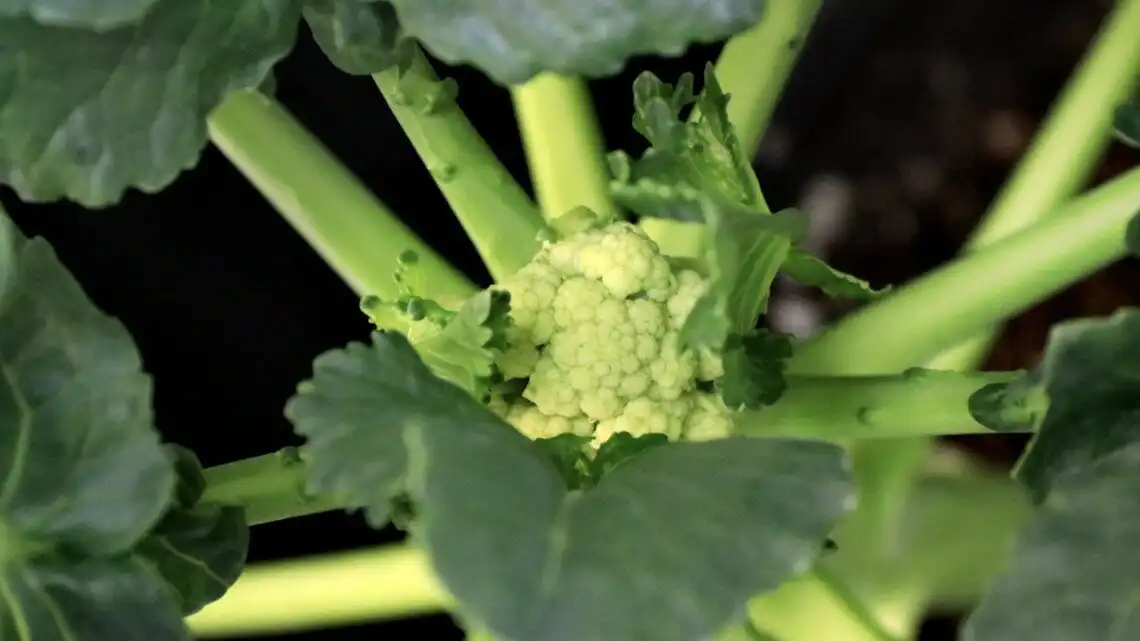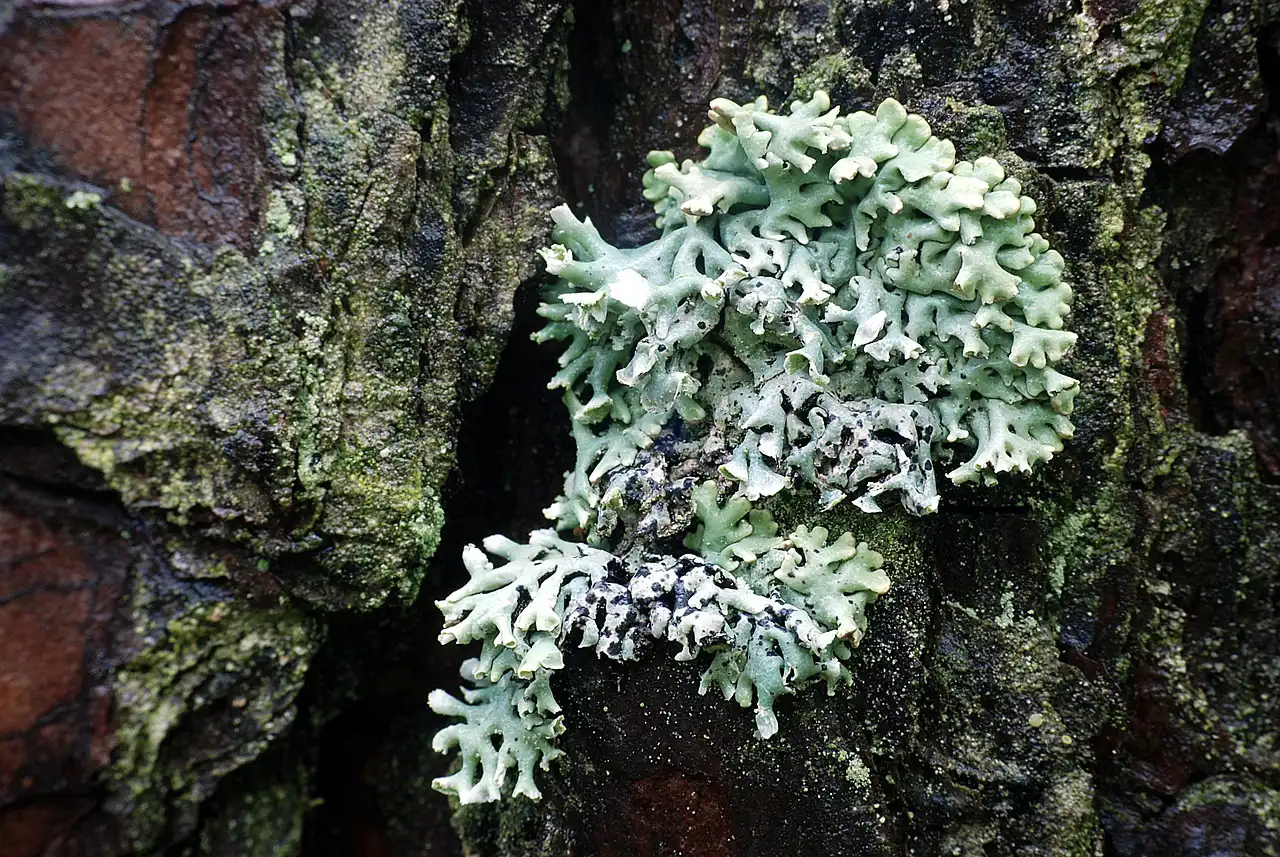
Over the past few decades, it has become obvious that climate change, and consequent extreme weather events, can wreak havoc on crop yields. Concerningly, there is a large disparity in agricultural vulnerability between developed and developing countries. In a new study, researchers have looked at major food grains in India to understand the long- and short-term effects of climate change on crop yields.













